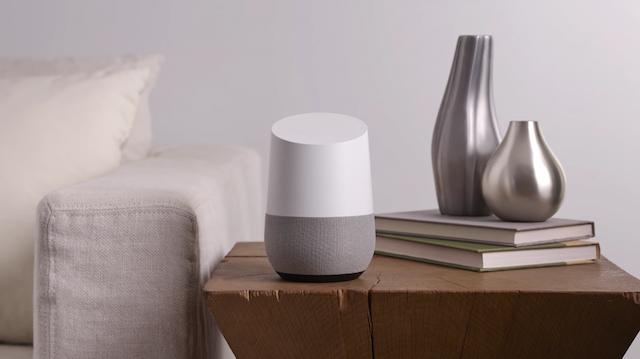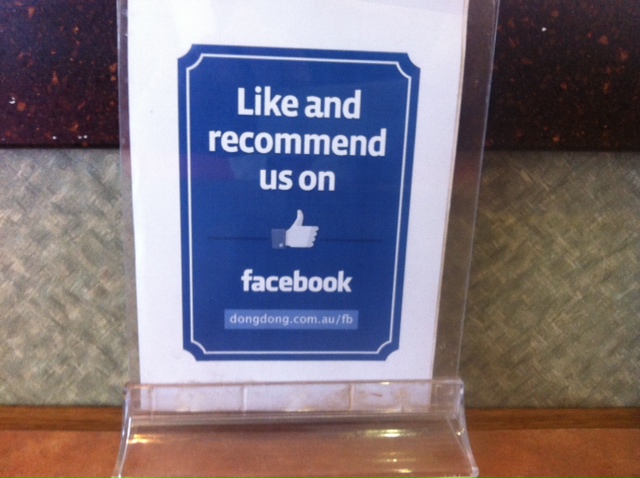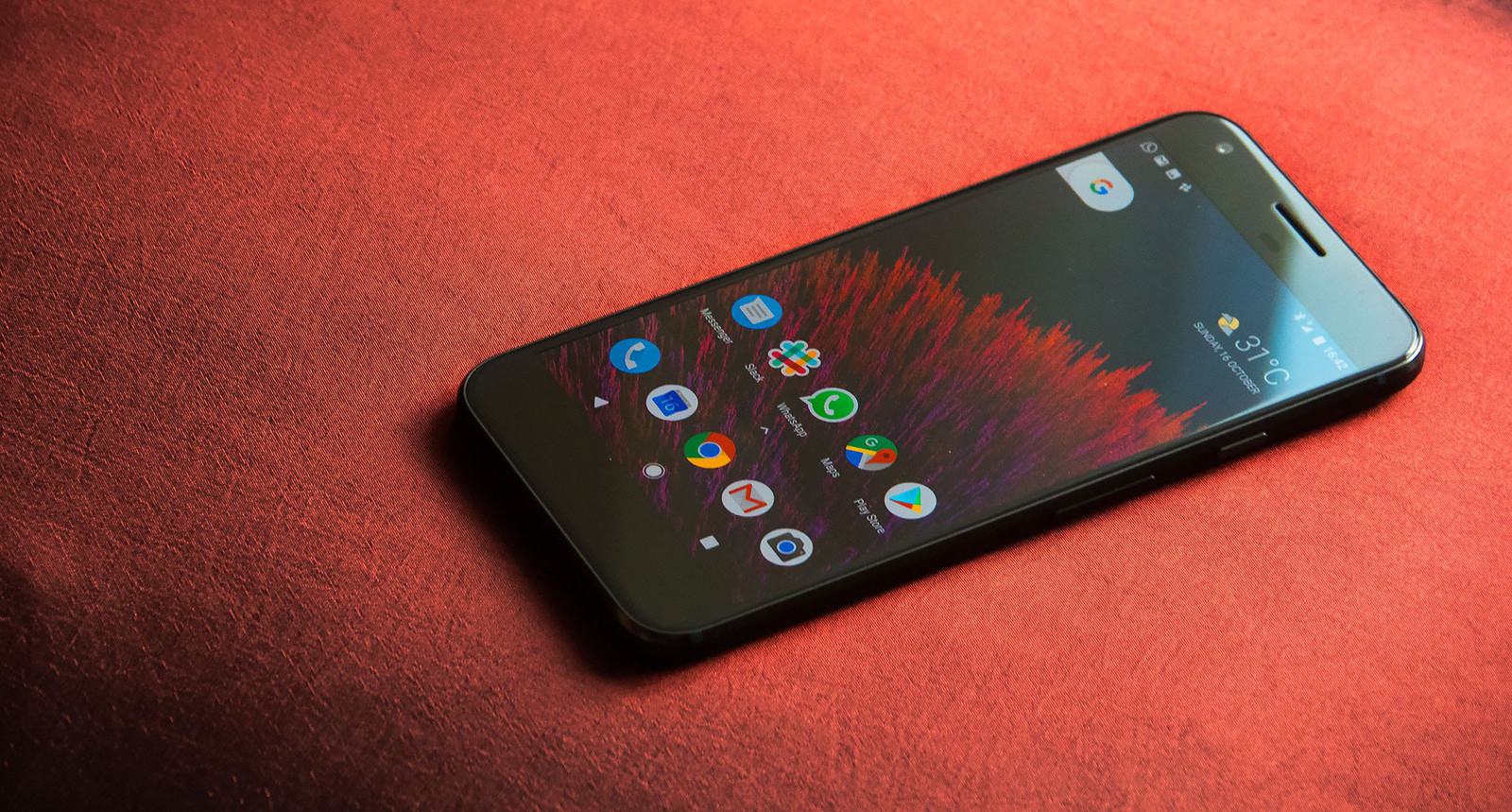And so Yahoo!’s journey comes to an end with the company being renamed Altba and most of its operating assets given over to Verizon.
With the changes both CEO Marissa Mayer and original co-founder David Filo will leave Altba’s slimmed down board.
Mayer’s failure is a lesson that being an early employee at a successful, fast growth tech startup isn’t a measure of leadership. It may even be a hindrance given companies like Google were inventing new industries during her tenure there which develops different management skills to what a business like Yahoo! needs.
The biggest lesson of Yahoo!’s demise is how even the most powerful online brands isn’t immune from disruption itself, with what was once the internet’s most popular website being eclipsed by Google and Facebook.
Interestingly, as Quartz reports, Yahoo! is still one of the US’s most popular sites and only slightly behind Google and Facebook in unique monthly views.
Despite this, Yahoo! has struggled to grow for 15 years and has struggle to make money although it remains a four billion dollar a year business.
Which shows eyeballs aren’t enough for a mature web business, at some stage it has to show a return to justify its valuations.
Among Yahoo!’s many properties remain some gems like Flickr and it will be interesting to watch what Verizon does with them. Sadly any successes will be tiny compared to what the company once promised.




